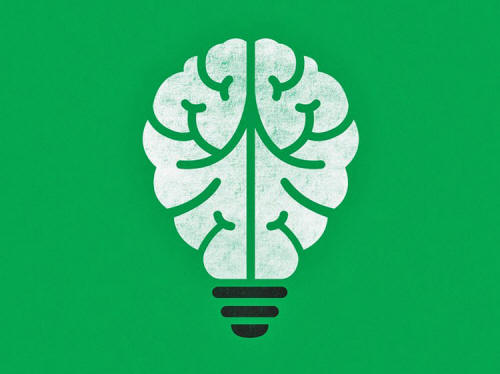|
by Cade Metz
In February 1975, a group of geneticists gathered in a tiny town on the central coast of California to decide if their work would bring about the end of the world.
These researchers were just beginning to explore the science of genetic engineering, manipulating DNA to create organisms that didn't exist in nature, and they were unsure how these techniques would affect the health of the planet and its people.
So, they descended on a coastal
retreat called Asilomar, a
name that became synonymous with the guidelines they laid down at
this meeting - a strict ethical framework meant to ensure that
biotechnology didn't unleash the apocalypse.
In January, the world's top artificial intelligence (AI) researchers walked down the same beachside paths as they discussed their rapidly accelerating field and the role it will play in the fate of humanity.
It was a private conference - the enormity of the subject deserves some privacy - but in recent days, organizers released several videos from the conference talks, and some participants have been willing to discuss their experience, shedding some light on the way AI researchers view the threat of their own field.
The rise of driverless cars and trucks is just a start. It's not just blue-collar jobs that AI endangers.
Yes, they discussed the possibility of a super-intelligence that could somehow escape human control, and at the end of the month, the conference organizers unveiled a set of guidelines, signed by attendees and other AI luminaries, that aim to prevent this possible dystopia.
But the researchers at Asilomar were also concerned with more immediate matters:
At a time when the Trump administration is promising to make America great again by restoring old-school manufacturing jobs, AI researchers aren't taking him too seriously.
They know that these jobs are never coming back, thanks in no small part to their own research, which will eliminate so many other kinds of jobs in the years to come, as well.
At Asilomar, they looked at the real US economy, the real reasons for the "hollowing out" of the middle class.
It's technology...
Rage Against the Machines
In the US, the number of manufacturing jobs peaked in 1979 and has steadily decreased ever since.
At the same time, manufacturing has steadily increased, with the US now producing more goods than any other country but China. Machines aren't just taking the place of humans on the assembly line.
They're doing a better job.
And all this before the coming wave of AI upends so many other sectors of the economy.
Andrew McAfee pointed to newly collected data that shows a sharp decline in middle class job creation since the 1980s.
Now, most new jobs are either at the very low end of the pay scale or the very high end. He also argued that these trends are reversible, that improved education and a greater emphasis on entrepreneurship and research can help feed new engines of growth, that economies have overcome the rise of new technologies before.
But after his talk, in the hallways at Asilomar, so many of the researchers warned him that the coming revolution in AI would eliminate far more jobs far more quickly than he expected.
Indeed, the rise of driverless cars and trucks is just a start.
New AI techniques are poised to reinvent everything from manufacturing to healthcare to Wall Street.
In other words, it's not just blue-collar jobs that AI endangers.
That threat has many thinkers entertaining the idea of a universal basic income, a guaranteed living wage paid by the government to anyone left out of the workforce.
But McAfee believes this would only make the problem worse, because it would eliminate the incentive for entrepreneurship and other activity that could create new jobs as the old ones fade away.
Others question the psychological effects of the idea.
Also on researchers' minds was regulation - of AI itself.
Some fear that after squeezing immigration - which would put a brake on the kind of entrepreneurship McAfee calls for - the White House will move to bottle up automation and artificial intelligence.
That would be bad news for AI researchers, but also for the economy.
If the AI transformation slows in the US, many suspect, it will only accelerate in other parts of the world, putting American jobs at even greater risk due to global competition.
In the end, no one left Asilomar with a sure way of preventing economic upheaval.
That said, these researchers say they are intent on finding the answer.
But they feel certain that preventing the rise of AI is not the answer.
It's also not really possible - a bit like bringing those old manufacturing jobs back...
|


